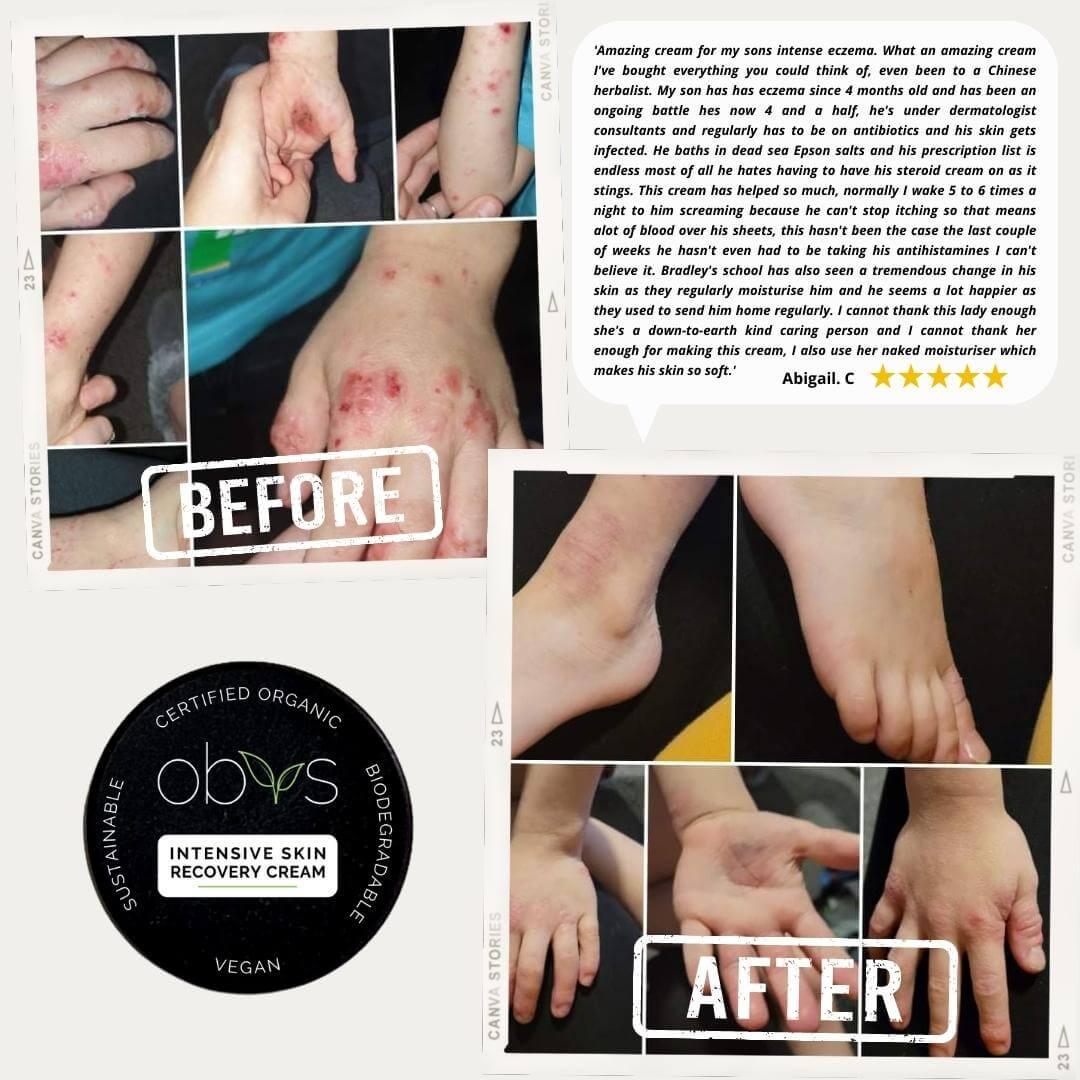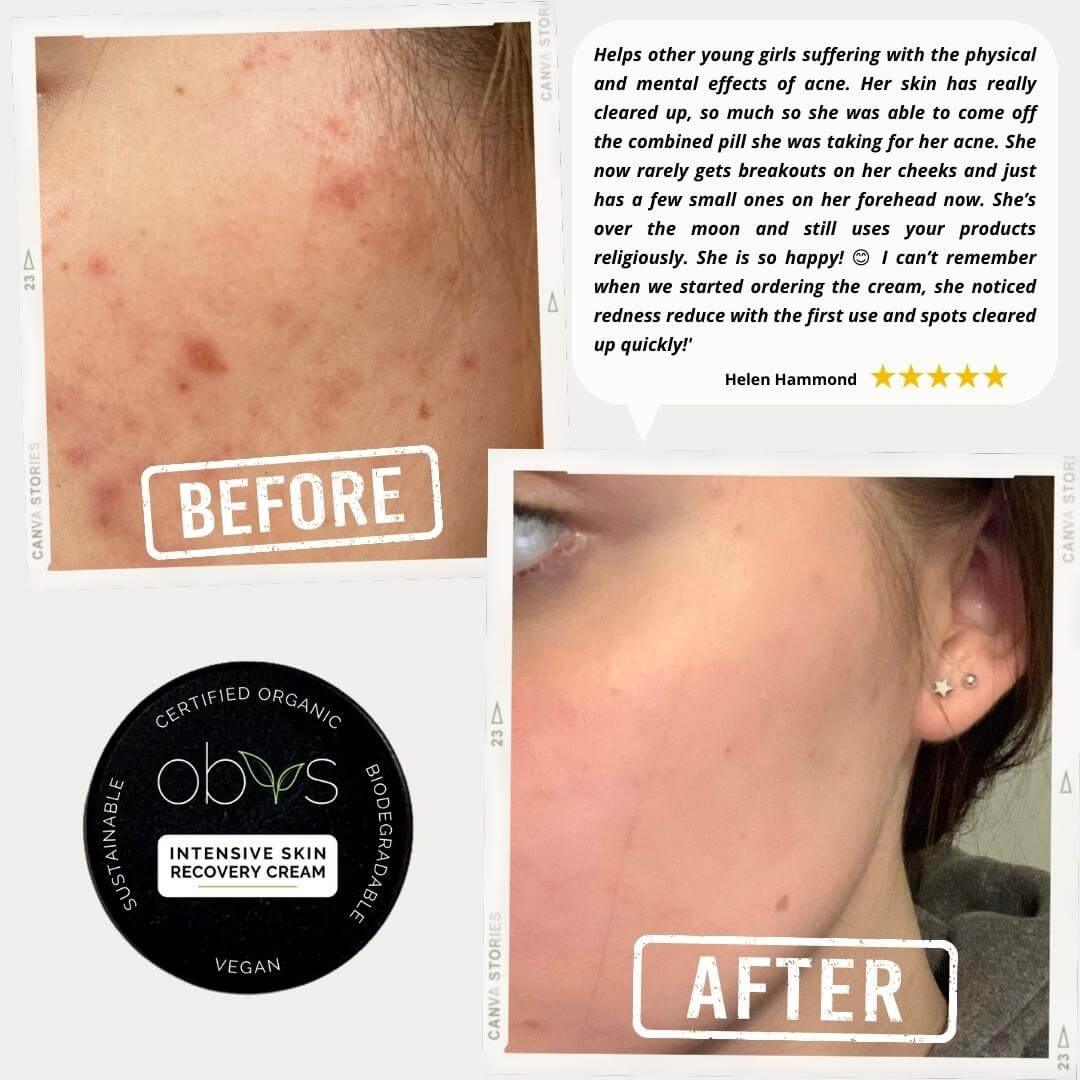Allergy Awareness Week 2024: Too Big to Ignore
As we navigate the complexities of modern living, one health issue looms larger than ever before: allergies. With each passing year, the prevalence of allergies is on the rise, affecting millions of individuals across Europe and beyond.
The statistics paint a stark picture of the growing allergy epidemic:
Projected Increase in Allergy Cases
By the year 2026, it's estimated that a staggering 1 in 2 people in Europe will suffer from at least one allergy. This dramatic increase underscores the urgent need for heightened awareness and proactive measures to address this burgeoning health concern.
Allergy as the Leading Chronic Health Condition
In the UK alone, allergy already holds the dubious distinction of being the most reported chronic health condition as of 2022. This alarming statistic highlights the widespread impact of allergies on individuals and healthcare systems alike.
Rising Incidence of Asthma
The global incidence of asthma is predicted to soar by 70% to reach a staggering 400 million sufferers worldwide by 2025. Particularly concerning is the link between hay fever and asthma, with hay fever serving as a trigger for serious asthma attacks. In the UK, a staggering 80% of individuals with asthma – equating to 4.3 million people – also suffer from hay fever. Shockingly, hay fever has been cited as a contributing factor in 15% of asthma-related deaths as early as 2014.
Increase in Anaphylaxis Hospital Admissions
Hospital admissions for anaphylaxis have witnessed a staggering 154% rise between 2002 and 2022. This sharp increase underscores the severity and potentially life-threatening nature of allergic reactions.
Rising Prevalence of Food Allergies
Children are particularly vulnerable to the rising tide of food allergies, with prevalence rates climbing from 1 in 10 to 1 in 8. This trend highlights the need for greater vigilance and support for individuals navigating food allergies.
Erosion of Allergy Services within the NHS
Despite the escalating prevalence of allergies, the provision of allergy services within the National Health Service (NHS) continues to erode. Shockingly, there are only 80 allergist consultants in the UK serving a population of 20 million individuals living with allergies. In stark contrast, there are 791 diabetes specialist consultants catering to 4.3 million people living with diabetes. This glaring disparity underscores the urgent need for increased resources and support for allergy management within the healthcare system.
In conclusion, the rising tide of allergies presents a formidable challenge that cannot be ignored. Addressing this epidemic requires collective action, from heightened awareness and education to improved access to allergy services within healthcare systems. By coming together to confront this pressing issue, we can strive to create a healthier, allergy-aware world for generations to come.
Here are six impactful ways to ensure that allergies are no longer #toobigtoignore:
Educate: Spread awareness among friends, family, workplaces, and schools about the growing significance of allergies as a health condition. Utilise Allergy UK's easily downloadable campaign pack, packed with resources to support your advocacy efforts
Be an Allergy Ally: Explore the Allergy Ally Handbook for practical tips on how to support individuals living with allergies through small yet meaningful actions.
Donate: Contribute to Allergy UK to help us deliver vital clinical services that are often challenging to access through the NHS system.
Fundraise and Raise Awareness: Get involved in fundraising activities and utilise new fundraising ideas and tools to raise awareness for Allergy UK's mission.
Advocate: Write to your local MP, urging them to support Allergy UK's General Election Manifesto calls and prioritise allergy-related policies.
Support Transformation: Join our campaign to enhance allergy services at the GP level, ensuring that our healthcare system is equipped to address the escalating allergy concerns effectively.
Together, let's make a difference in tackling allergies and ensuring a healthier future for all.
#AllergyAwareness #HealthEquity 🌿💪
















